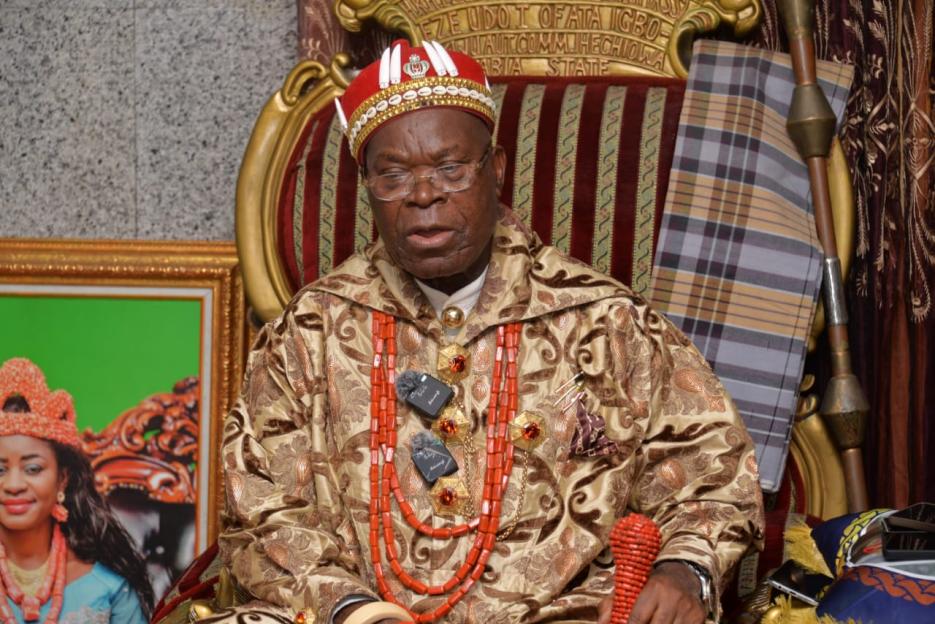Prominent Islamic scholar, Sheikh Ahmad Gumi, has denied supporting bandits, insisting that he is only involved in peace efforts, as calls for his arrest intensified amid a fresh wave of kidnappings across the northern part of the country.
DAILY POST reports that the recent kidnapping incidents have forced the federal government to shut down schools and renew security crackdowns.
Gumi was accused of supporting and shielding terrorists after he urged the government to engage in dialogue rather than taking a military approach. Some Nigerians also contended that his actions amounted to financing banditry and armed herdsmen, asserting that he should be held accountable for his role in the conflict.
However, the Islamic cleric, on Monday during an interview on Frontline, a current affairs programme on Eagle 102.5 FM, Ilese-Ijebu, monitored by our correspondent in Abeokuta, rejected the allegations and insisted that his role was strictly humanitarian and focused on conflict resolution.
He explained that many armed herders lacked channels to express grievances, forcing them into violent confrontations. Gumi argued that dialogue remained the only sustainable approach to resolving the crisis, warning that military force alone would not end the conflict.
He stated, “I am absolutely a peacemaker. I don’t want bloodshed. It is like a doctor explaining an illness. Will people accuse the doctor of supporting the sickness? Understanding their side is the only way to propose a cure.”
He also dismissed claims that Nigeria was experiencing a religious war, describing the narrative as misleading.
“There is no Christian-Muslim war in Nigeria. Anyone pushing that narrative is not telling the truth. Trump is not to be taken seriously. He accused Nigeria before any investigation. America is after oil, both ours and Venezuela’s. Nigerians should not be excited about foreign intervention,” he said.
He, however, called for a structured amnesty programme similar to that of the Niger Delta and proposed phased ranching supported by government infrastructure.
“We do not even have the resources to educate the young people already sitting peacefully with us. How then do we expect to ranch all the cattle in Nigeria? We must start with grazing routes and model ranches. If we create model ranches, herders will adopt them naturally,” he added.







